To provide the best experiences, we use technologies like cookies to store and/or access device information. Consenting to these technologies will allow us to process data such as browsing behaviour or unique IDs on this site. Not consenting or withdrawing consent, may adversely affect certain features and functions.
The technical storage or access is strictly necessary for the legitimate purpose of enabling the use of a specific service explicitly requested by the subscriber or user, or for the sole purpose of carrying out the transmission of a communication over an electronic communications network.
The technical storage or access is necessary for the legitimate purpose of storing preferences that are not requested by the subscriber or user.
The technical storage or access that is used exclusively for statistical purposes.
The technical storage or access that is used exclusively for anonymous statistical purposes. Without a subpoena, voluntary compliance on the part of your Internet Service Provider, or additional records from a third party, information stored or retrieved for this purpose alone cannot usually be used to identify you.
The technical storage or access is required to create user profiles to send advertising, or to track the user on a website or across several websites for similar marketing purposes.
 Over two-thirds of UK office workers would consider returning to the office full-time if employers covered commute costs, an Emburse/YouGov poll suggests. The survey of 1,000 British employees, of which 724 worked in an office, were asked questions around their new working preferences in order to understand what the ‘future of work’ looks like. Around 68 percent said that they would be likely to consider going into the office full time if transport costs to the office were fully covered. (more…)
Over two-thirds of UK office workers would consider returning to the office full-time if employers covered commute costs, an Emburse/YouGov poll suggests. The survey of 1,000 British employees, of which 724 worked in an office, were asked questions around their new working preferences in order to understand what the ‘future of work’ looks like. Around 68 percent said that they would be likely to consider going into the office full time if transport costs to the office were fully covered. (more…)







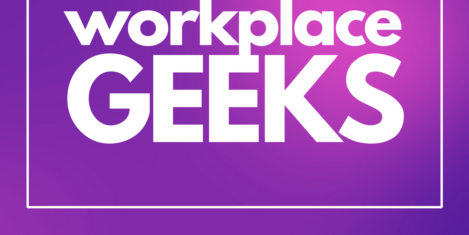
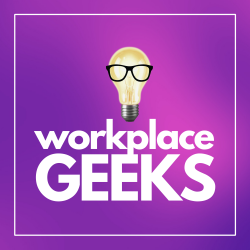


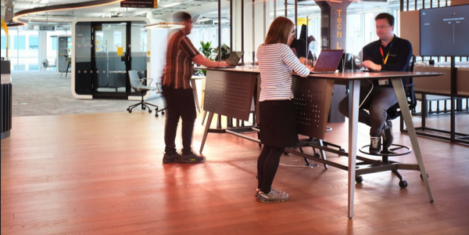

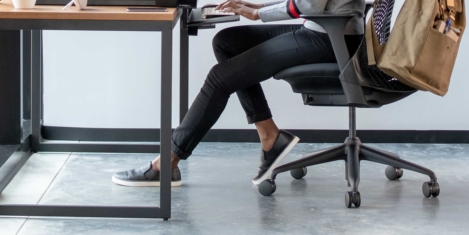
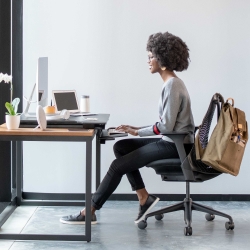

 The first Omnirama event on the 23rd of March launched the series exploring different factors challenging the world of work in a time of prevailing uncertainty. Underlying Ominirama’s raison d’etre is that recent events have turned the status quo on its head with some major structural and systemic changes taking place. Nobody seems to have any clear idea of how to deal with this enormous transformation in the ways we work All the playbooks and all the guidance that we have all relied upon for so many years have now gone out the window.
The first Omnirama event on the 23rd of March launched the series exploring different factors challenging the world of work in a time of prevailing uncertainty. Underlying Ominirama’s raison d’etre is that recent events have turned the status quo on its head with some major structural and systemic changes taking place. Nobody seems to have any clear idea of how to deal with this enormous transformation in the ways we work All the playbooks and all the guidance that we have all relied upon for so many years have now gone out the window. 
















March 29, 2022
MIPIM revival offers up a pale, stale imitation of life (but there’s hope)
by Freddie Steele • Comment, Property